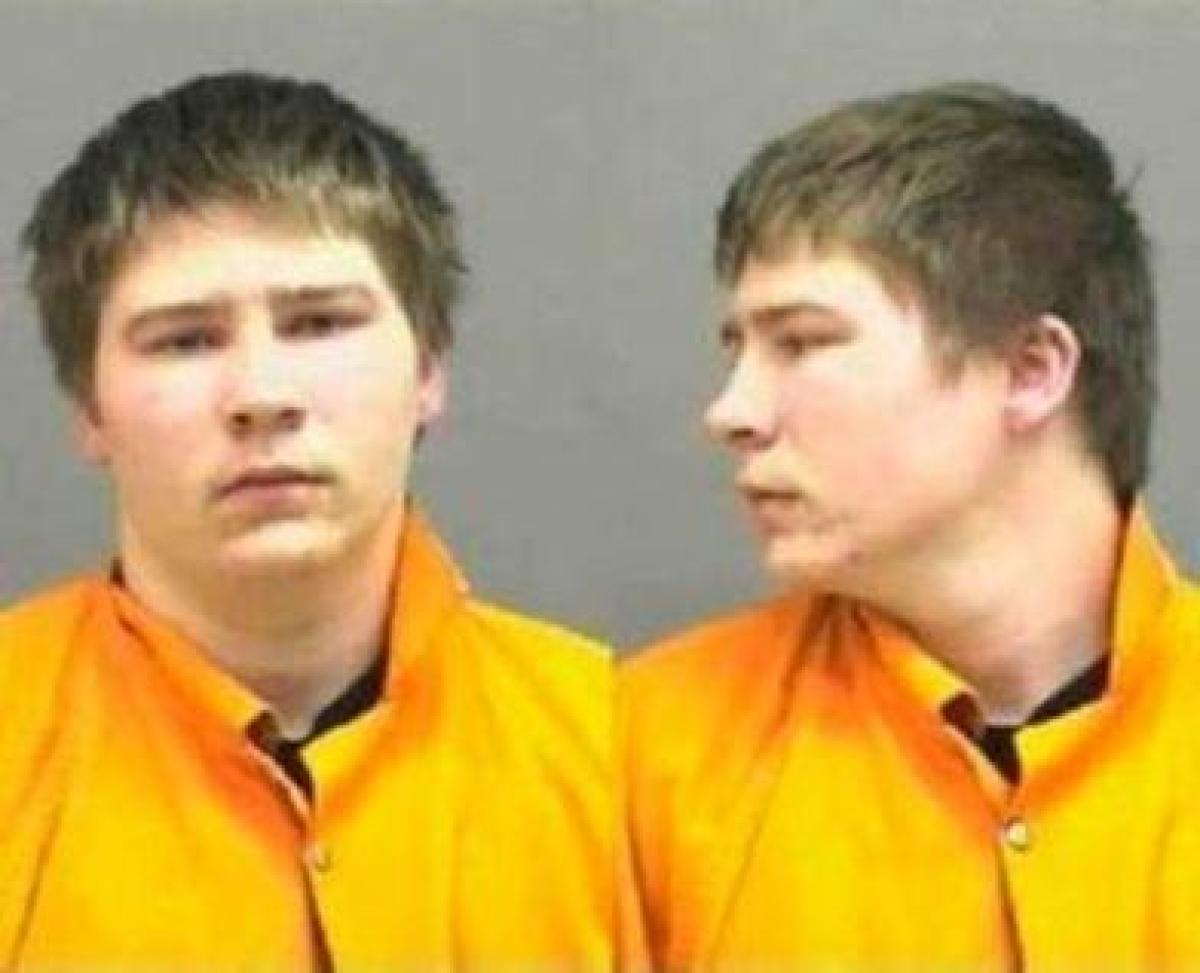Requests court upsets conviction of 'Making a Murderer' prisoner
Reuters) - A government offers court on Thursday asserted a choice to upset the murder conviction of Brendan Dassey, a Wisconsin man serving a lifelong incarceration whose case was chronicled in the well known Netflix TV narrative "Making a Murderer."
A three-judge board of the Seventh Circuit Court of Appeals in Chicago ruled 2-1 to maintain a government judge's decision a year ago that toppled Dassey's conviction for a 2005 murder.
Officer Judge Duffin has decided to August that the conviction depended on a constrained admission that Dassey, now 27, gave as a 16-year-old with a learning handicap. Duffin requested Dassey liberated in November, yet his discharge was ended while Wisconsin experts advanced the choice.
"THIS JUST IN," Dassey's lawyer Steven Drizin tweeted on Thursday. "seventh Circuit AFFIRMS Judge Duffin in 2-1 choice. This round goes to Brendan Dassey 2-1."
The judges' three-sentence judgment requested Dassey liberated unless Wisconsin chosen to retry him inside 90 days or claimed the decision.
Johnny Koremenos, a representative for Wisconsin Attorney General Brad Schimel, said his office was assessing the choice.
"We envision looking for audit by the whole seventh Circuit or the United States Supreme Court and expectation that the present mistaken choice will be switched," he said in an email.
Dassey and his uncle, Steven Avery, were sentenced in discrete trials of murdering independent picture taker Teresa Halbach at Avery's home and scrap yard. Her scorched remains were found in a cremation barrel and a consume pit on Avery's property, around 80 miles (130 km) north of Milwaukee.
A jury in 2007 discovered Dassey blameworthy of first-degree purposeful crime, second-degree rape and mutilation of a body. Avery was indicted first-degree purposeful manslaughter and unlawful ownership of a gun as a criminal. Both were sentenced to life in jail.
The case was the subject of the 10-section narrative "Making a Murderer," which scrutinized the treatment of the examination and the intentions of Manitowoc County law implementation authorities.
The narrative related how Avery was sentenced a before, inconsequential assault and sent to jail in 1985, serving 18 years before DNA confirm excused him and he was discharged.
He recorded a $36 million government claim against the region, its previous sheriff and lead prosecutor in 2004. After a year, he and Dassey were blamed for murdering Halbach.
The Emmy-winning narrative proposed that specialists planted proof against both litigants, a claim dismisses by the present sheriff.
(Revealing by Ian Simpson in Washington; Editing by Leslie Adler)
